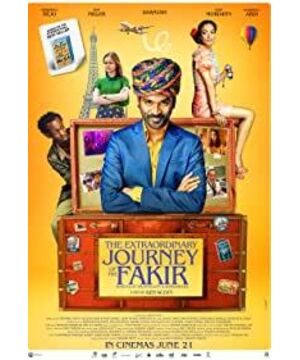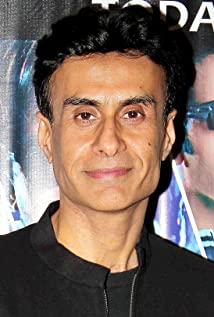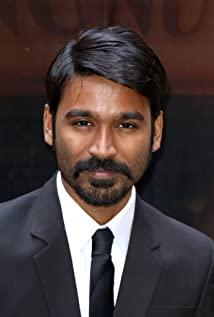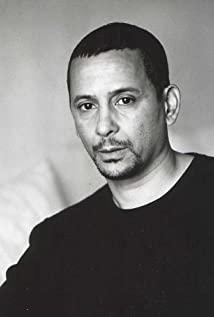In fact, regardless of the plot, the characters are extremely rich, full of curious and unbelievable, but the problem is that the protagonist is straightforward and rigidly flashbacks a wonderful journey in the process of growing up. The storyteller, the three boys who listened to the story and the plot of the story itself promoted at the same time to intersect each other, affecting the sense of substitution in watching the movie.
The original intent was the experience of the actor Aja’s coming to lead the three boys who went astray and sentenced to the boys’ school back on track and back to school, but the poor storytelling method and excessive preaching hindered the progress of the plot. Make some passages dull.
The director wanted to use this film to convey a lot of messages, from the microcosmic Aja’s belief in causality (father is a French street artist, and he also made a living in India), to the macroscopic problem of African refugees smuggling into Europe, and satirizing the hypocrisy of European countries. Containment, in fact, shirk each other's responsibilities.
Aja took the ashes of his deceased mother from India to Paris, tossed in England, Spain, Italy and Libya, and then returned to France and India. The people and things he encountered on the way taught him that the most important thing was not to forget his original intention. The female superstar used betrayal of true love in exchange for fame and fortune, but in the end she was willing to give up fame and fortune for true love; the wish of African refugees was to send money back to their homes in the civil war; so when Aja gave all the 100,000 euros to different refugees, He solved the myth that had been entwining him about the rich and the poor. It was his greatest wealth to help others realize their dreams, so he decided to return to India to teach and help poor children change their destiny with knowledge!
The love letter from the father to the mother was folded into a paper airplane to fly to the father’s cemetery and finally landed on the father’s cemetery. The mother’s ashes have been placed in front of the tomb. If you can write more about the story of the parents' long-distance love, or compare the causal destiny of the same long-distance relationship between the hero and the heroine.
The heroine is a little fuzzy. She should be the kind of person who is a little bit of a chat. It can be seen that she is easily approached by Aja and then develops a relationship with another man. After that, she quickly develops a relationship. After Aja lost contact, he fought fiercely with another boyfriend. He was obviously in the victory group in his career and love. Why did he still miss Aja? Is it to beat that kind of Indian exoticism? Or do you foresee that you will lose the impact on your life in such a smooth life?
At the end of the film, one of the boys asked Aja why he said it was a tragic story at the beginning. The actor only responded that it would be a tragedy if the three of them were to go to jail and lose their freedom for four years. This is obviously not the real answer. Although there is no Dao Ming, it is estimated that the heroine did not go to India to find him in the end. After all, this ending is too close to a fairy tale, and it also responds to the fate of his parents' long-distance relationship failure. The protagonist uses happy ending to create a vision for a better future for the boy, just like the blind "Master Dewa" in his next room, using infinite imagination to breathe life into him at the darkest moment of his life.
The child star who plays the childhood Aja is more brilliant than the adult male protagonist. The adult Aja is too flat, without much joy, anger, sorrow, and joy. In this way, it is more appropriate to use a bit of exaggerated interpretation in a wild movie.
View more about The Extraordinary Journey of the Fakir reviews











